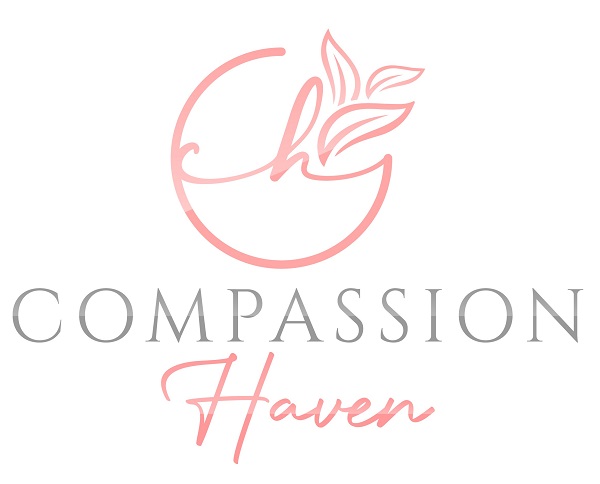Compassion is the only response to suffering that makes sense.
Compassion is the mindful awareness of, and emotional courage to connect with suffering, as well as the caring motivation to help alleviate and prevent it. Compassion can be directed toward others and ourselves, although the latter seems to be perplexingly more difficult, which is an unfortunate consequence of our species’ socialization. What do I mean by this? I mean that we’ve been taught our whole lives that giving ourselves compassion for our struggles is a sign of weakness. As a result, we hold deep suspicions about being kind to ourselves and have many misgivings about the value of self-compassion. I will explore these misgivings in another post, and talk about what self-compassion is not. First, let’s talk about what self-compassion is, and how it can help us heal from our past traumas, and give us the inner strength needed to face our struggles.
Compassion comes from an understanding of human nature and the experiences that shape us as individuals. It involves recognizing that we did not choose or design our dysfunctional emotions, thoughts, and behaviors, and therefore should not criticize or shame ourselves for them. Compassion is a caring mentality that when activated, releases specific chemicals in the brain which regulate one’s fight-flight response. Directing compassion toward ourselves can allow us to feel safe and accepted, and give us the courageous motivation to work through our pain in helpful ways, instead of running from, and avoiding it (which only leads to prolonged suffering). The only way to end the cycle of depression, anxiety, addiction, etc., is to mindfully accept yourself and your struggles with courage and kindness, ending the cycle of shame and self-criticism that keeps you stuck. We need to recognize our common humanity and give ourselves the loving-kindness that we crave, because being a human being is just really hard.
Think about how you talk to yourself in difficult situations- anytime you make a mistake (as we all do!), or are struggling with a personal issue. The truth is, we are often very critical of ourselves during these times and say things that we would never say to a good friend who was experiencing the same issue. Cultivating self-compassion is about learning to speak to ourselves as we would a good friend. It’s about learning to become our own ally because life is difficult enough as it is without having to deal with our inner critic too. Of course, our inner critic does have good intentions though. It’s the strongest intention is to try and motivate us in some way to achieve. The thing is, it really doesn’t work (perhaps it does temporarily). Think about a parent or teacher from your past and how they may have attempted to motivate you. You may have worked harder to escape the wrath of someone who was harshly critical, but how did it make you feel about yourself and your confidence in your abilities? It likely made you come to fear failure and have to fight painful feelings of shame. Now think of the parent or teacher who was compassionate, who caringly encouraged you, and accepted you even when you failed. This type of motivation gives you the strength you need to succeed in all areas of life.
“The motivation of self-compassion arises from love, while the motivation of self-criticism arises from fear. Love is more powerful than fear” – Kristen Neff.

